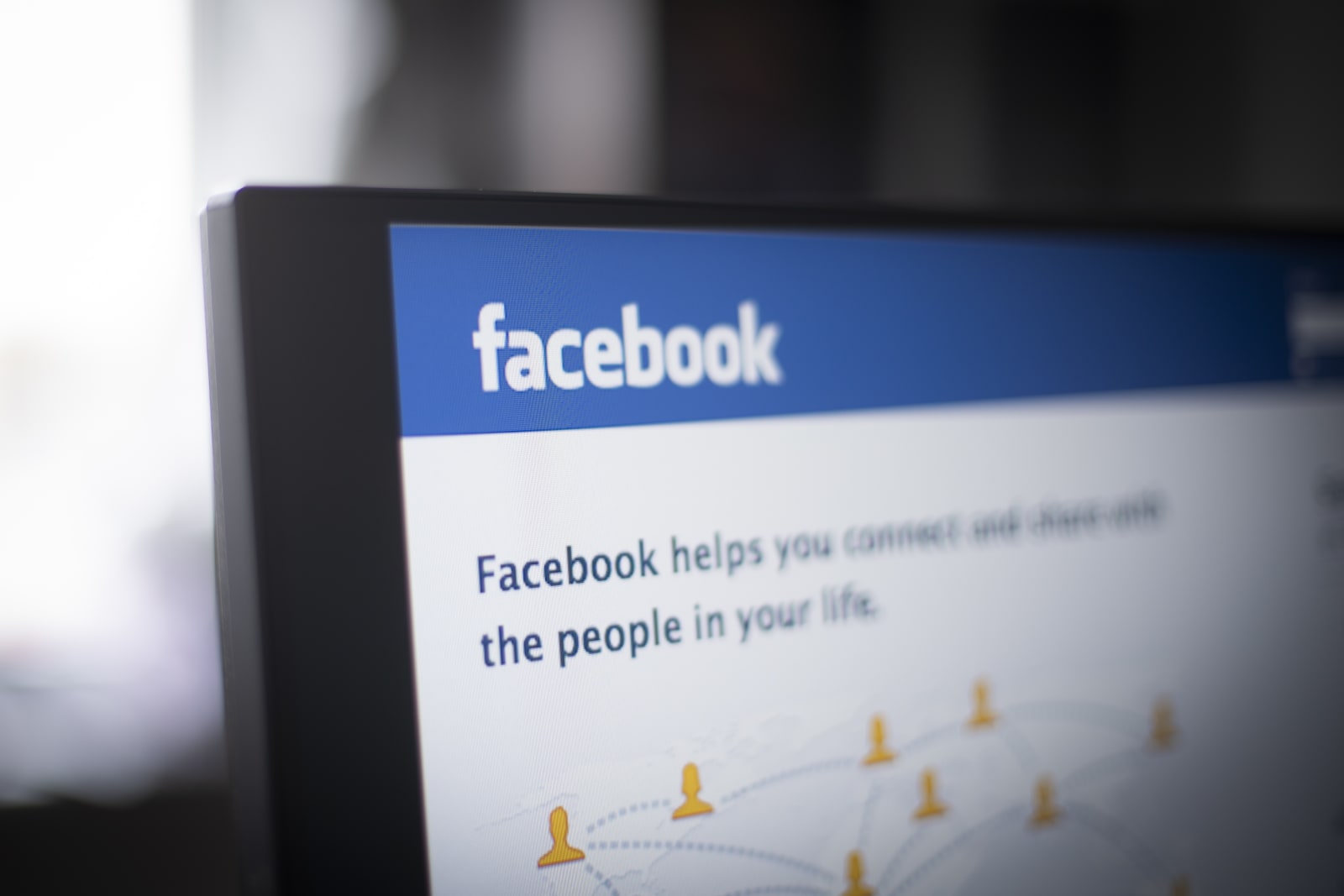Posts Tagged: speech
TikTok ban in Montana blocked by US judge over free speech rights
Montana's unprecedented state-wide ban of Chinese short-video app, TikTok, was supposed to take effect on January 1, 2024, but as reported by Reuters, US District Judge Donald Molloy issued a preliminary injunction just one month ahead to block said ban. This means that for now, ByteDance and app stores are allowed to continue serving TikTok to users within the Montana state, without being fined $ 10,000 daily from the start date of the ban.
The judge was quoted saying the ban "oversteps state power and infringes on the constitutional rights of users" — echoing the legal challenge filed by five TikTok creators on the day after the bill was signed back in May, as well as another lawsuit filed by the platform's owner, ByteDance, later on in the same month. It was also questionable as to whether Google and Apple could have effectively enforced such a state-wide ban on their app stores.
The relevant bill was originally drafted based on claims that this Chinese app would share US users' personal data with the Chinese government, to which ByteDance had long denied since the presidency of Donald Trump. "TikTok US user data is stored in the US, with strict controls on employee access," the company claimed back in August 2020 — and again via a new "transparency" push earlier this year, with reference to "Project Texas" for safeguarding US user data with help from Oracle.
To date, no other US state had passed a bill to bar TikTok. The outcome of Montana's case may hold the key to this Chinese app's fate across the rest of the country.
This article originally appeared on Engadget at https://www.engadget.com/tiktok-ban-in-montana-blocked-by-us-judge-over-free-speech-rights-011846138.html?src=rss
Engadget is a web magazine with obsessive daily coverage of everything new in gadgets and consumer electronics
Twitter updates violent speech policy to ban ‘wishes of harm’
Twitter is once again tightening its rules around what users are permitted to say on the platform. The company introduced an updated “violent speech” policy, which contains some notable additions compared with previous versions of the rules.
Interestingly, the new policy prohibits users from expressing “wishes of harm” and similar sentiments. “This includes (but is not limited to) hoping for others to die, suffer illnesses, tragic incidents, or experience other physically harmful consequences,” the rules state. That’s a reversal from Twitter’s previous policy, which explicitly said that “statements that express a wish or hope that someone experiences physical harm" were not against the company’s rules.
“Statements that express a wish or hope that someone experiences physical harm, making vague or indirect threats, or threatening actions that are unlikely to cause serious or lasting injury are not actionable under this policy,” Twitter’s previous policy stated, according to the Wayback Machine.
That change isn't the only addition to the policy. Twitter’s rules now also explicitly protects “infrastructure that is essential to daily, civic, or business activities” from threats of damage. From the rules:
You may not threaten to inflict physical harm on others, which includes (but is not limited to) threatening to kill, torture, sexually assault, or otherwise hurt someone. This also includes threatening to damage civilian homes and shelters, or infrastructure that is essential to daily, civic, or business activities.
These may not seem like particularly eyebrow-raising changes, but they are notable given Elon Musk’s previous statements about how speech should be handled on Twitter. Prior to taking over the company, the Tesla CEO stated that his preference would be to allow all speech that is legal. “I think we would want to err on the side of, if in doubt, let the speech exist,” he said at the time.
It’s also not the first time Twitter’s rules have become more restrictive since Musk’s takeover. The company’s rules around doxxing changed following his dustup with the (now suspended) @elonjet account, which shared the whereabouts of Musk’s private jet.
Twitter didn’t explain its rationale for the changes, but noted in a series of tweets that it may suspend accounts breaking the rules or force them to delete the tweets in question. The company no longer has a communications team to respond to requests for comment.
This article originally appeared on Engadget at https://www.engadget.com/twitter-updates-violent-speech-policy-to-ban-wishes-of-harm-214320985.html?src=rss
Engadget is a web magazine with obsessive daily coverage of everything new in gadgets and consumer electronics
Personalized warnings could reduce hate speech on Twitter, researchers say
A set of carefully-worded warnings directed to the right accounts could help reduce the amount of hate on Twitter. That’s the conclusion of new research examining whether targeted warnings could reduce hate speech on the platform.
Researchers at New York University’s Center for Social Media and Politics found that personalized warnings alerting Twitter users to the consequences of their behavior reduced the number of tweets with hateful language a week after. While more study is needed, the experiment suggests that there is a “potential path forward for platforms seeking to reduce the use of hateful language by users,” according to Mustafa Mikdat Yildirim, the lead author of the paper.
In the experiment, researchers identified accounts at risk of being suspended for breaking Twitter’s rules against hate speech. They looked for people who had used at least one word contained in “hateful language dictionaries” over the previous week, who also followed at least one account that had recently been suspended after using such language.
From there, the researchers created test accounts with personas such as “hate speech warner,” and used the accounts to tweet warnings at these individuals. They tested out several variations, but all had roughly the same message: that using hate speech put them at risk of being suspended, and that it had already happened to someone they follow.
“The user @account you follow was suspended, and I suspect this was because of hateful language,” reads one sample message shared in the paper. “If you continue to use hate speech, you might get suspended temporarily.” In another variation, the account doing the warning identified themselves as a professional researcher, while also letting the person know they were at risk of being suspended. “We tried to be as credible and convincing as possible,” Yildirim tells Engadget.
The researchers found that the warnings were effective, at least in the short term. “Our results show that only one warning tweet sent by an account with no more than 100 followers can decrease the ratio of tweets with hateful language by up to 10%,” the authors write. Interestingly, they found that messages that were “more politely phrased” led to even greater declines, with a decrease of up to 20 percent. “We tried to increase the politeness of our message by basically starting our warning by saying that ‘oh, we respect your right to free speech, but on the other hand keep in mind that your hate speech might harm others,’” Yildirim says.
In the paper, Yildirim and his co-authors note that their test accounts only had around 100 followers each, and that they weren’t associated with an authoritative entity. But if the same type of warnings were to come from Twitter itself, or an NGO or other organization, then the warnings may be even more useful. “The thing that we learned from this experiment is that the real mechanism at play could be the fact that we actually let these people know that there's some account, or some entity, that is watching and monitoring their behavior,” Yildirim says. “The fact that their use of hate speech is seen by someone else could be the most important factor that led these people to decrease their hate speech.”
Tumblr deletes millions of reblogs for promoting hate speech
Tumblr has started a mass reblog deletion meant to purge traces of hate speech from suspended blogs on its platform. In a post announcing the move, the company said it’s in the midst of removing 4.47 million posts reblogging content from nearly a tho…
Engadget RSS Feed
Leaked emails show Facebook is still struggling to tackle hate speech

Engadget RSS Feed


Ubisoft clamps down on ‘Rainbow Six: Siege’ hate speech
 It's not just Blizzard taking more aggressive steps to fight toxic behavior. Ubisoft has revealed that it's implementing an upgraded system for banning players who use hate speech in Rainbow Six: Siege matches. The developer now tracks how often pl…
It's not just Blizzard taking more aggressive steps to fight toxic behavior. Ubisoft has revealed that it's implementing an upgraded system for banning players who use hate speech in Rainbow Six: Siege matches. The developer now tracks how often pl…
Engadget RSS Feed
Deep-learning algorithm can mimic any voice based on just 60 seconds of speech
Do you remember the cool Mission Impossible tech that lets Tom Cruise’s character mimic the voice of any other character? Well, a Montreal-based startup called Lyrebird just invented it for real.
The post Deep-learning algorithm can mimic any voice based on just 60 seconds of speech appeared first on Digital Trends.


Machine learning is helping researchers decipher bat speech
 Egyptian fruit bats are widespread throughout Africa and often roost together in colonies of 1,000 or more individuals. With that many neighbors packed together, it's no wonder they're such a noisy bunch. And thanks to some exciting machine learning…
Egyptian fruit bats are widespread throughout Africa and often roost together in colonies of 1,000 or more individuals. With that many neighbors packed together, it's no wonder they're such a noisy bunch. And thanks to some exciting machine learning…
Engadget RSS Feed
Clever new speech recognition system from MIT learns language just like a newborn child
A piece of research from MIT suggests a new technique for training speech-recognition systems — by getting them to learn by looking at images. The results could democratize the technology for people around the world.
The post Clever new speech recognition system from MIT learns language just like a newborn child appeared first on Digital Trends.
These 9 gadgets will improve your music, translate speech, and more
We scoured the halls of CES this year for the coolest accessories we could find. This list’s the result: a charger that runs on salt and water, a dongle that improves your music, and more.
The post These 9 gadgets will improve your music, translate speech, and more appeared first on Digital Trends.
